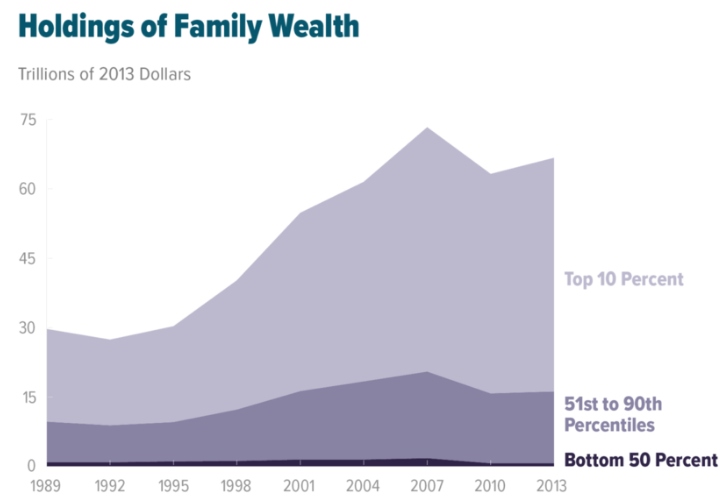Canada is having one of those satisfying moments when it can look at its big brother, the USA, and say "Canada is Better!". A good economy, a benevolent immigration system, health care for everyone, much less violent gun crime, a leader who is not a narcissistic know-nothing blowhard - Canada is doing well, right? Well not so fast, not everything is great in the land of mooses, hockey, doughnut shops, and snow. Let's look at a few Canadian negatives:
- The weather - there is no where in Canada with good weather year round, and there are a few places that never get good weather.
- Things drop off drastically after the big weather negative, but let me continue with a few much smaller knocks on Canada............
- Winter bicyclists - who got the crazy idea that bicycling works in a snowy frozen -20 degree country? The laws of physics and gravity say that balancing on two skinny wheels in the Winter will not work and it is damn uncomfortable as well. Yet we have bicycle lanes on our roads year round that are cleared so the snow bicycle lunatics can have at it. I see about 3 of these morons each day, but it probably costs us millions to keep their bicycle lanes up and running year round.
- Solar energy - some idiots decided that Ontario should go green and have renewable solar energy, so they funded and built tons of solar panel fields in this far northern country. They did it quickly and kept most of the old electricity plants so now we generate too much electricity and our electricity bills are too high. And who thought that solar panel fields next to the foggy St Lawrence River made sense?
- Senior citizens with tattoos, piercings, and orange hair. Who convinced our seniors that looking like a 20 year old was a good idea? If you scan the sale flyers for deals on Depends and Tylenol Arthritis pills, stay away from mythical butterfly tattoos and orange or green hair.
- Plastic currency. The plastic 5-10-20-50 dollar bills do not fold well, and it looks like you are paying for your purchase with a Pokemon card.
- Cirque de Soleil. I don't know about you, but I am tired of shows called "Skooza" with weird looking people twirling from the ceilings while lousy music plays. I think their next show should be tailored to the gun lovers in the USA and called Glock.
- Bugs. Canada has world class insects. They won't give you malaria or river blindness, but the black flies, mosquitoes, and horse flies will make you miserable during the two weeks of Summer each year.
- Well that's all I can think of for now. Let's keep our Canadian humbleness and not be too critical of our American friends and their nasty, racist, know-nothing, blowhard, narcissistic, lying, ugly President.
Photo credit: Flickr















